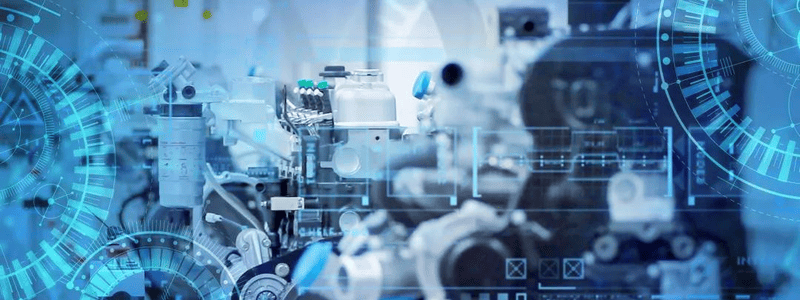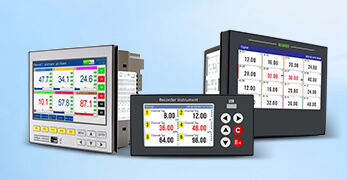датчик витрат газу
Датчик газового потоку — це складний вимірювальний пристрій, призначений для точного контролю та вимірювання швидкості потоку газів у різних системах. Ці сучасні прилади використовують кілька технологій вимірювання, зокрема теплової масової витрати, диференціального тиску і ультразвукових методів, щоб забезпечити точні вимірювання руху газу. Датчик працює, перетворюючи потік газу на вимірювальні електричні сигнали, що дозволяє здійснювати контроль і керування швидкістю потоку газу в режимі реального часу. Сучасні датчики газового потоку оснащені передовими мікропроцесорними технологіями для підвищення точності й надійності, а також мають цифрові вихідні опції для безперешкодної інтеграції з системами керування. Вони широко застосовуються в багатьох галузях промисловості — від виробництва напівпровідників та медичного обладнання до систем опалення, вентиляції, кондиціонування повітря та промислового контролю процесів. Ці датчики можуть вимірювати як масовий, так і об'ємний потік, причому багато моделей мають компенсацію температури й тиску для підвищення точності. Їхній міцний конструктив забезпечує надійну роботу в складних умовах навколишнього середовища, а удосконалені калібрувальні можливості зберігають точність вимірювань протягом тривалого часу. Інтеграція смарт-діагностики та функцій самоконтролю допомагає запобігти виходу з ладу системи й скоротити потребу в технічному обслуговуванні, що робить їх незамінними компонентами контролю якості та оптимізації процесів.













